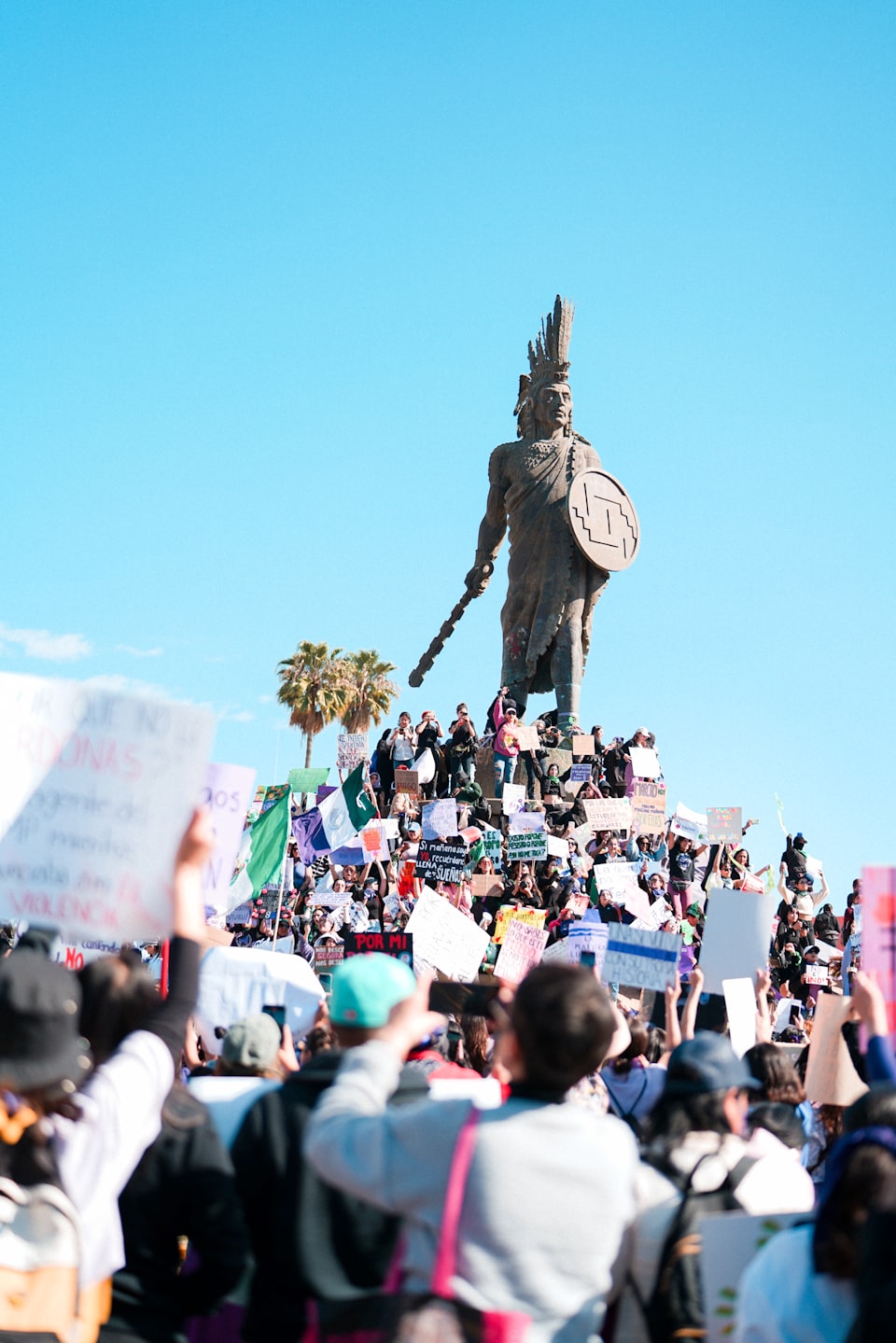Liberalism

Understanding Liberalism: Principles and Ideals
Liberalism is a political and philosophical ideology rooted in the principles of individual freedom, equality, and the rule of law. It emerged as a response to authoritarianism and absolutism, advocating for the protection of individual rights, limited government intervention, and the promotion of civil liberties and human rights.

Core Principles:
- Individual Freedom: Liberalism places a strong emphasis on individual freedom and autonomy, asserting that individuals should have the liberty to pursue their own interests and beliefs without undue interference from the state or others.
- Equality: Liberalism upholds the principle of equality before the law, advocating for equal treatment of all individuals regardless of their race, gender, religion, or social status. It opposes discrimination and strives for equal opportunities for all members of society.
- Rule of Law: Central to liberalism is the concept of the rule of law, which dictates that laws should be clear, predictable, and applied impartially to all citizens. This ensures that government power is restrained and individuals are protected from arbitrary or unjust actions by the state.
- Limited Government: Liberals advocate for limited government intervention, arguing that the state's role should be minimal and focused on safeguarding individual rights and promoting the common good. They support systems of checks and balances to prevent the concentration of power.
- Civil Liberties: Liberalism prioritizes the protection of civil liberties such as freedom of speech, religion, and the press, as well as the right to privacy. These liberties are seen as essential for individual flourishing, diversity, and democracy.
Development of Liberalism:
- Classical Liberalism: Originating in the 17th and 18th centuries, classical liberalism emphasized limited government, free markets, and individual rights. Thinkers like John Locke, Adam Smith, and John Stuart Mill laid the groundwork for classical liberal ideas, advocating for property rights and economic freedom.
- Modern Liberalism: In the 19th and 20th centuries, liberalism evolved into modern liberalism, which placed greater emphasis on social welfare, economic equality, and government intervention. Modern liberals supported the welfare state, progressive taxation, and social safety nets to ensure social justice and equality of opportunity.
FAQs about Liberalism:
Q: How does liberalism differ from conservatism?
A: While both prioritize individual freedom and limited government, liberalism tends to support government intervention to address social inequalities and promote social welfare, while conservatism emphasizes traditional values and institutions.
Q: What is liberalism's role in democracy?
A: Liberalism is closely associated with democracy, advocating for principles such as the rule of law, civil liberties, and political pluralism. Liberal democracies are based on these principles, ensuring free and fair elections and the protection of minority rights.
Q: Is liberalism compatible with other ideologies?
A: Liberalism can coexist with other ideologies, such as socialism and libertarianism, to varying degrees. Social liberalism combines liberal principles with a commitment to social justice, while libertarianism emphasizes individual freedom and limited government intervention.
Q: What are some criticisms of liberalism?
A: Critics argue that liberalism prioritizes individual rights over collective well-being, leading to social inequalities. They also contend that liberalism's focus on free markets can result in economic exploitation and environmental degradation.
Conclusion:
Liberalism, with its emphasis on individual freedom, equality, and the rule of law, has shaped modern political thought and practice. From its roots in classical liberalism to its evolution into modern liberalism, liberal principles have influenced democratic governance, human rights, and social welfare policies worldwide. Despite criticism, liberalism remains a foundational ideology in the pursuit of justice, freedom, and progress in society.

